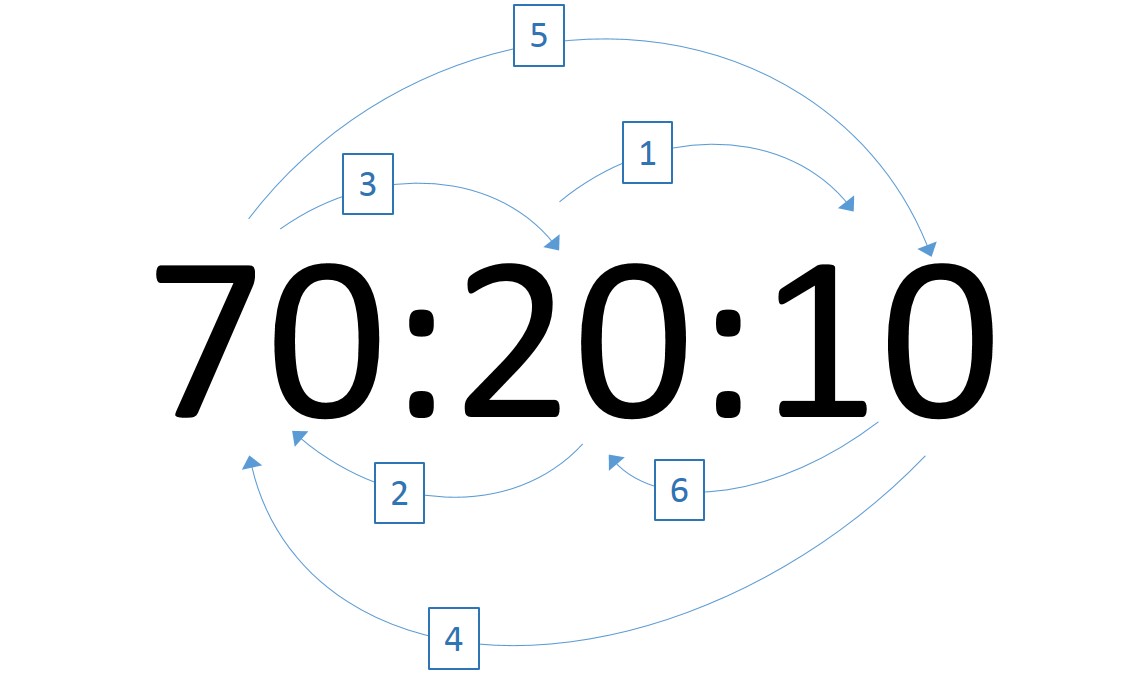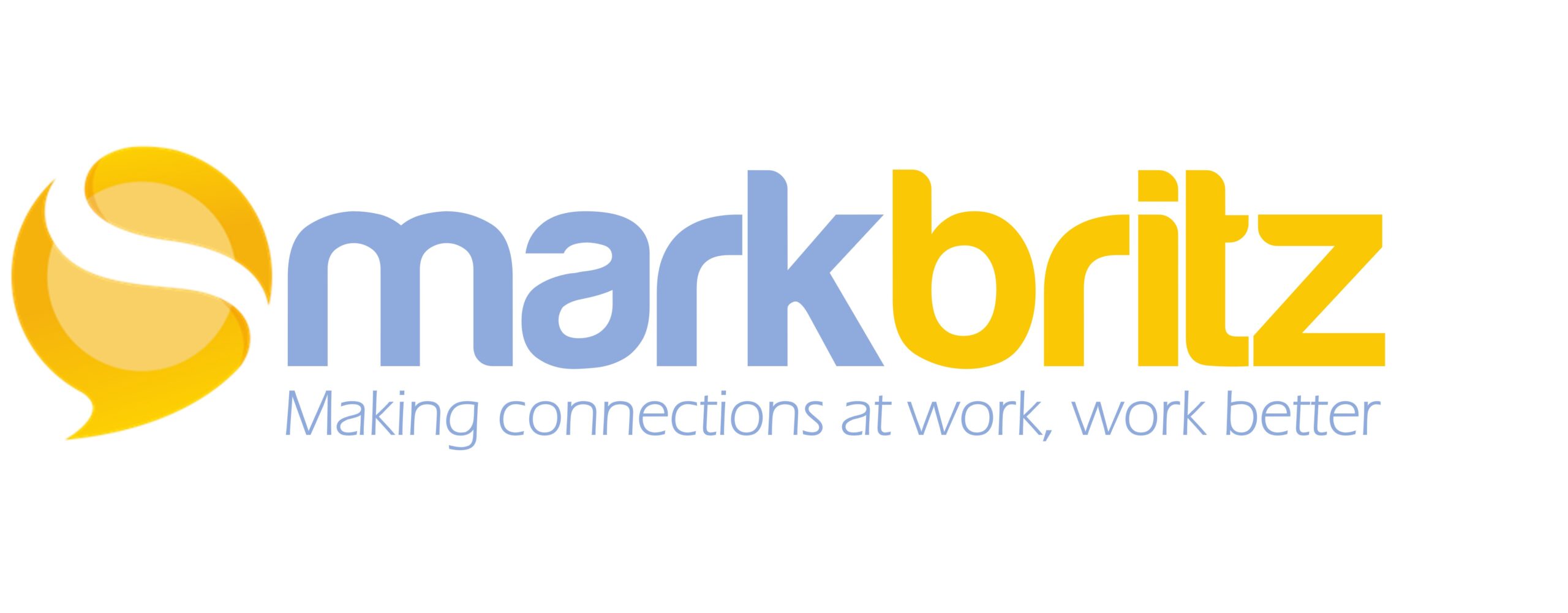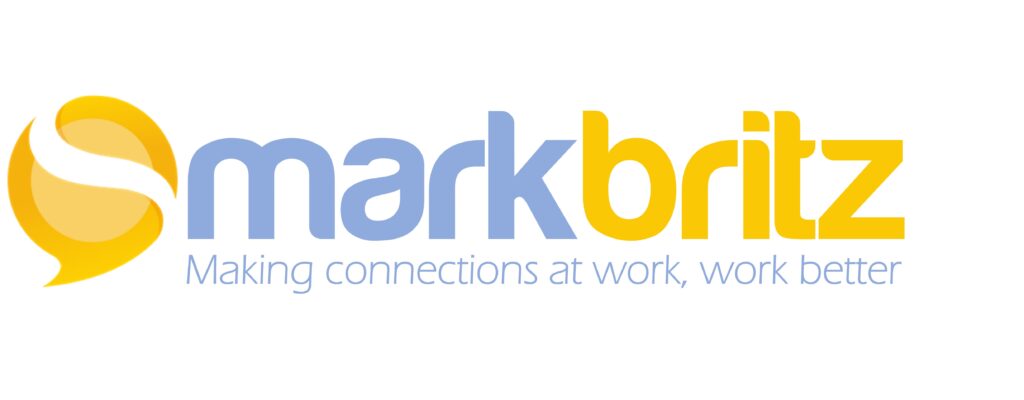One barrier that often presents itself when moving an organization towards a 702010 framework is that the natural interplay between all is overlooked, weakening the whole proposition. Informal, Social and Formal are wrongly dissected and discussed independently. The reality though is that all three 1. exist. 2. exist at varying levels and 3. work together constantly… especially when we are conscious of it. All we can really do then is make it work together more easily and that’s done through a framework consisting of mindset changes, individual behaviors, organizational structures and technology augmentation.
I scrabbled together the image here in an effort to make this interplay more apparent. It’s important that I note that Informal Learning to me is less about learning in our work than learning through work. Meaning that yes, we can inject resources, “micro-learning” and search capabilities into the work context but it’s more about reflection and experiential learning; extracting learning as Charles Jennings has noted. 
- Social improves Formal Learning – social interaction works as a feedback loop for training efforts and should be encouraged. Outside of actual performance data – open, honest conversation about new knowledge and skills obtained in training situations is critical for improving formal learning efforts.
- Social informs Informal Learning – this relationship is very blurry as there is much overlap between social and informal learning. Conversation between people, and observations of one another’s behaviors leads to new application, ideas and reflection in the workflow.
- Informal inspires Social Learning – doing our actually work leads to new ideas about the work. Sometimes through eureka moments, sometimes through frustration. Work undoubtedly drives the most workplace conversation.
- Formal influences Informal Learning– training has a direct impact on doing (or ideally it does). Work-learning (informal) is greatly influenced by becoming faster or more efficient because of formal efforts. It’s also in the work itself that we can best reflect on new ideas and skills.
- Informal (through social) informs Formal Learning – here again, the blur between social and informal learning. Training can be positively modified due to both effective and ineffective work practices shared through social interaction.
- Formal inspires Social Learning – A great part of organizational Social Learning is in overtly sharing what works and what doesn’t with others. When training presents us with new ideas or skills we put them into practice and through conversation and modeling we can create greater contextual understanding for others.
As far as the components of a Framework I mentioned earlier, it starts with Mindsets where we help others realize the existence of 702010 and more see training as an expensive last resort, not the first option. Next it requires Individual Behaviors, If L&D, then serving as performance consultants not order takers and sniffing out then amplifying and enhancing where and when collaborative work is working. Additionally, we must examine Organizational Structures or systems. Many systems actually work against the efforts to enhance social and informal learning. In particular rewards, communication flow and management concepts need to be addressed. Finally, Technology. Tech really only serves to augments this natural occurring system, it’s not a requirement. All social technology is primarily the same, working to support community, collaboration and sharing. Social is at the center of 702010 and social technology is the catalyst that really gets it moving.
Wherever you are in the 702010 discussion, it’s important to remember that 702010 is a principle and the whole is greater than the sum of its parts.

